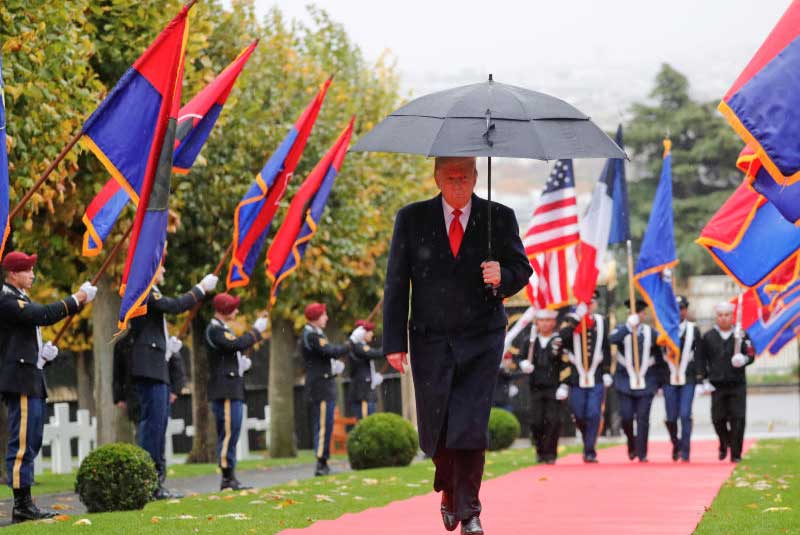
Congressional mid-term elections in the US are like mid-term college examinations for a sitting president where the voters are the examiners and his political party the subject. If the results show the party gained seats in the House or Senate, then the President is doing well. If it loses seats, it is a warning the party and the President need to wake up. If the results are mixed, and depending on pre-election predictions, the President can claim credit and start fixing the exposed loopholes in readiness for the final exam two years later.
The mid-term elections can have far-reaching outcomes in terms of policy projection, particularly on the president’s foreign policy. In 1918, with Democrat Woodrow Wilson in the White House, voters endorsed the Republicans who then frustrated Wilson’s peace-making effort at Versailles. The new Senate ensured the US did not join the League of Nations, thus spiting adamant Wilson.